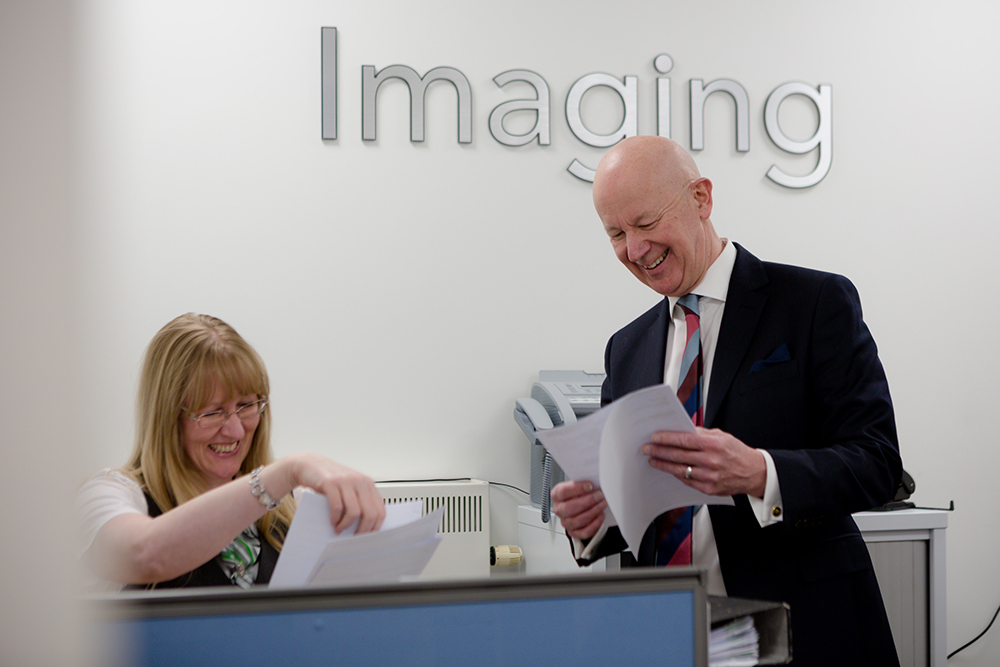There are a number of factors and disorders causing or associated with the condition but in many cases a cause is never identified. PoTS can follow a viral illness such as glandular fever, or be linked to pregnancy, surgery or a traumatic event. Sometimes teenagers are affected after a rapid growth spurt. Fortunately, 80% grow out of it. Some patients develop PoTS-like symptoms due to lack of fitness due to the heart pumping inefficiently after being confined to bed for some time.
PoTS is associated with Ehlers Danlos hypermobility syndrome, and autoimmune conditions such as Sjogrens syndrome and antiphospholipid (Hughes) syndrome. Treatment of underlying conditions can improve symptoms of PoTS.
PoTS may develop as a consequence of a number of other medical conditions such as diabetes, cancer, multiple sclerosis, and Lyme disease.
Hyperadrenergic PoTS is a type of PoTS that may in some cases have a genetic cause and therefore run in families. When upright, this group of patients may have an urge to pass urine frequently. They tend to complain of a severe sensation of anxiety and tremor, migraine headaches and clammy hands and feet. They may also present with high blood pressure and high blood noradrenaline levels. Noradrenaline levels are also elevated in phaeochromocytoma, and it may be necessary to have tests to rule out this condition.
Things that can worsen PoTS symptoms
• Excess heat
• Eating – especially refined carbohydrate (e.g. sugar, white flour)
• Dehydration
• Time of day (especially rising after wakening)
• Menstrual period
• Deconditioning (lack of fitness) or prolonged bed rest
• Alcohol (as it dilates blood vessels)
• Inappropriately excessive exercise
• Temporarily during illness such as viral infections or after operations
For more information on PoTs please do not hesitate to get in touch with Dr Deering through our appointments page.


